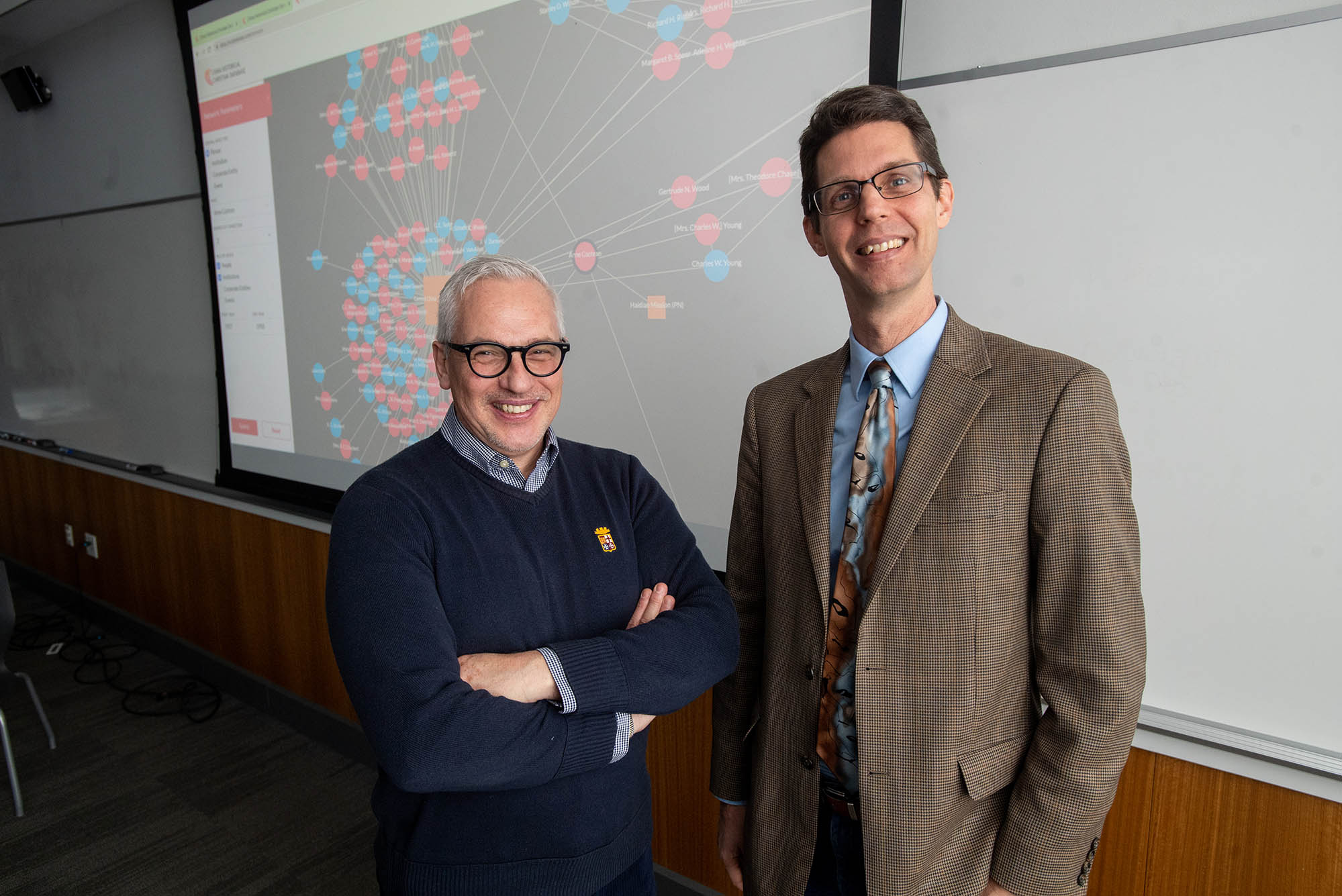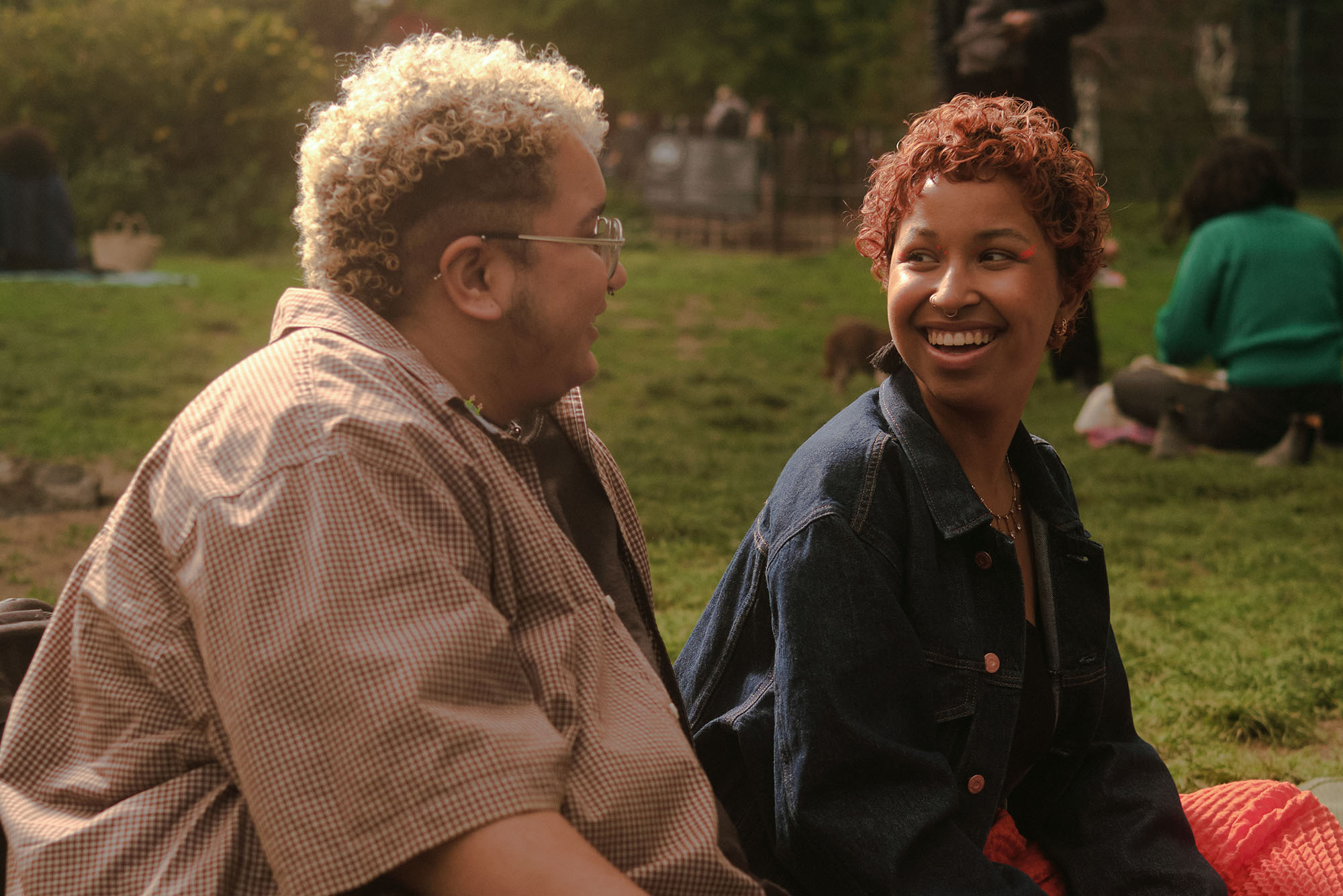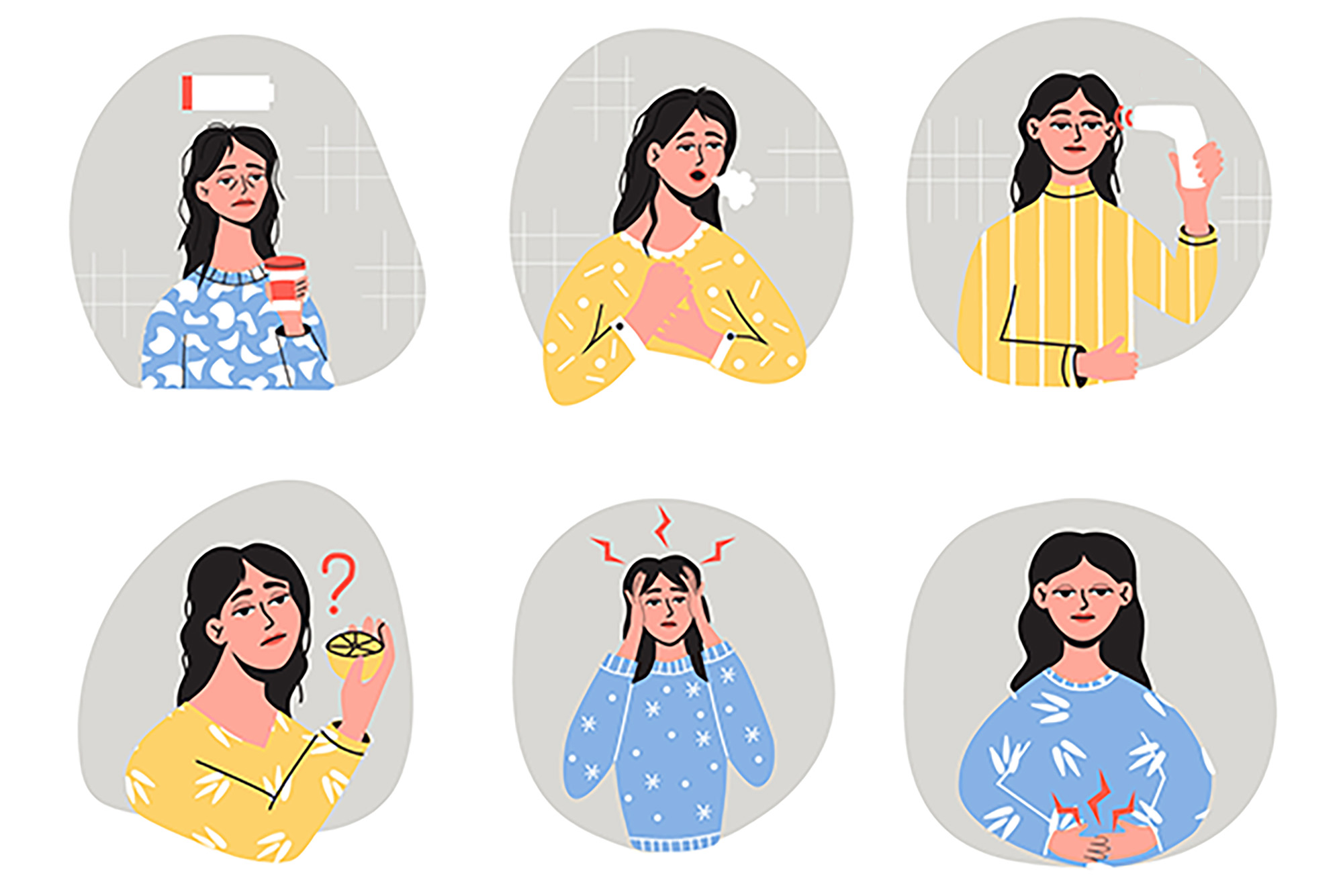What Were BU’s Most-Read Science and Research Stories in 2023?
From the study of earthquakes to the science of love to a bionic pancreas, how BU researchers shaped—and helped us make sense of—the news

Photos (clockwise from top left) by Matt Slocum via AP; courtesy of Beta Bionics; Nicolas Armer/picture-alliance/dpa via AP Images; and SDI Productions/iStock
Best of The Brink 2023: BU’s Most-Read Science and Research Stories
From the study of earthquakes to the science of love to a bionic pancreas, how BU researchers shaped—and helped us make sense of—the news
Judging by this year’s most-read articles on The Brink, readers value the research-driven insights Boston University experts can provide on the stories making national and international headlines. When two earthquakes killed more than 50,000 in Turkey and Syria, a professor of Earth and environment told us whether future disasters could be predicted. When a popular cold and flu medicine was found to be no better than a sugar pill, a nasal and sinus researcher explained why it’d been sold for so long—and what to take instead. Other articles in our top 10 most-read list gave authoritative takes on actor Bruce Willis’ dementia diagnosis, long COVID, and a drug-resistant fungus that had some people seeing shadows of The Last of Us.
But then there were those stories that demonstrated how BU researchers make news themselves: a bionic pancreas invented in a College of Engineering lab won FDA clearance, a study on COVID vaccines cleared up side effect fears, and research on CTE highlighted the toll of tackle football on the brain.

1
In February, Bruce Willis’ family announced the movie star had been diagnosed with frontotemporal dementia. A BU neuroscientist explained the disorder and its symptoms—and progress toward better dementia treatments and care.

2
An expert panel’s declaration that popular cold medicine phenylephrine was ineffective took many by surprise, but not nasal and sinus researcher and physician Michael Platt. He explained how to restock your medicine cabinet with more effective treatments.

3
Earthquake researcher Rachel Abercrombie gave us a quick lesson on why some earthquakes are more devastating than others and how we could better prepare at-risk areas.

4
Christianity has grown faster in China than any other country in the world, but why? A BU-led research team—which includes Eugenio Menegon (left), an associate professor of history, and Daryl Ireland (right), a research assistant professor of mission—is building a database to track the religion’s history in modern China.

5
If you’ve ever wondered why you might fall head over heels for one person, but detest another, new BU Questrom School of Business research may have an answer. It could be down to whether we assume someone shares our worldview and an underlying—but indefinable—essence that matches our own.

6
For those worried getting a COVID shot would affect their menstrual cycle, BU School of Public Health researchers had reassuring news.

7
A life-changing moment for people with type 1 diabetes, a chronic condition with no cure: in May, the US Food and Drug Administration gave clearance to a wearable, pocket-sized, automated insulin delivery device first developed in a BU lab. A follow-up story on how the iLet Bionic Pancreas might transform life for people with type 1 diabetes was among The Brink’s top 15 most-read articles.

8
Research continues to accumulate on the risks to brain health of playing tackle football and other high-impact sports. Another 2023 study from the BU CTE Center also found playing football at a young age increased the risk of brain decline in later life.

9
BU researchers and clinicians leading the National Institutes of Health–funded RECOVER (Researching COVID to Enhance Recovery) long COVID study told us what they’d learned from a year of investigating the seemingly inscrutable condition.

10
Fans of the hit postapocalyptic TV show, The Last of Us, might have found the spread of a drug-resistant fungus in hospitals a little too close to fiction for their liking. But did they need to start panicking about fungus-fueled zombies?
Comments & Discussion
Boston University moderates comments to facilitate an informed, substantive, civil conversation. Abusive, profane, self-promotional, misleading, incoherent or off-topic comments will be rejected. Moderators are staffed during regular business hours (EST) and can only accept comments written in English. Statistics or facts must include a citation or a link to the citation.